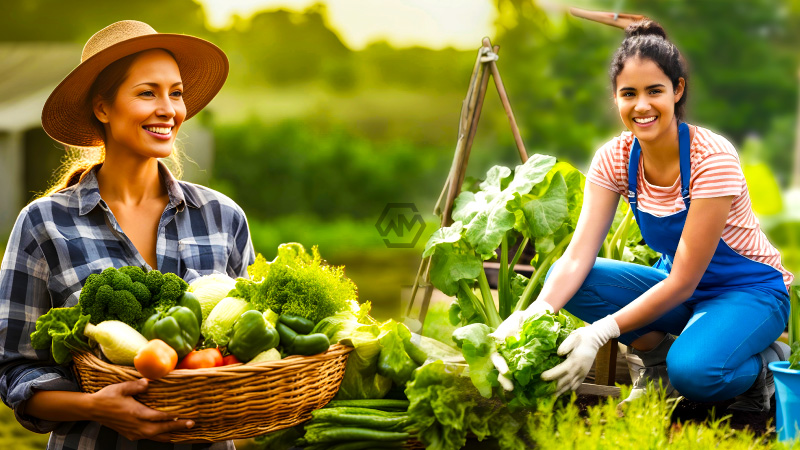- According to recent government numbers, Scotland is setting the standard for organic farming.
- Scotland now boasts 103,500 hectares of totally organic land, a rise of 11.8% from 92,500 hectares.
- Organic sales have increased, while the expansion in English and Welsh organic agriculture has stagnated.
According to recent government numbers, Scotland is setting the standard for organic farming. According to Defra’s 2023 figures, sales of organic food and drink have doubled over the past 12 years and have grown by nearly 5% in the past year, yet England and Wales are unable to keep up with the demand.
Nonetheless, Scotland now boasts 103,500 hectares of totally organic land, a rise of 11.8% from 92,500 hectares. The Scottish Government has observed a sharp increase in applications for organic conversion support thus far in 2024, suggesting that farms are taking advantage of the help provided, which is bolstered by aggressive goals.
Organic farming
According to organic standards, just 3.3% of farmland in England and 2.2% to 4.3% of organic area in Wales are farmed. Alex Cullen, the commercial director of Soil Association Certification, stated that although Scotland is leading the way in environmentally friendly farming, British farmers are missing out on this.
Organic sales have increased, while the expansion in English and Welsh organic agriculture has stagnated. This is primarily because of imports rather than domestic supply.
As political parties draft their election manifestos, the Soil Association is urging them to use organic to fulfill their environmental pledges by propelling the organic sector’s growth and encouraging farmers to switch to it.
Parties could take a cue from Europe and Scotland, where countries like Austria and Germany have exceeded the EU’s targets for the growth of organic farming, reaching 25%, and are now aiming for 30%.
Jerry Alford, senior farm advisor at the Soil Association, asked the Welsh government to “act fast” and include organic farming funding in the Sustainable Farming Scheme. It is imperative to accelerate growth through home-grown produce and mainstream organic farming practices, as organic farms support 50% more species.



